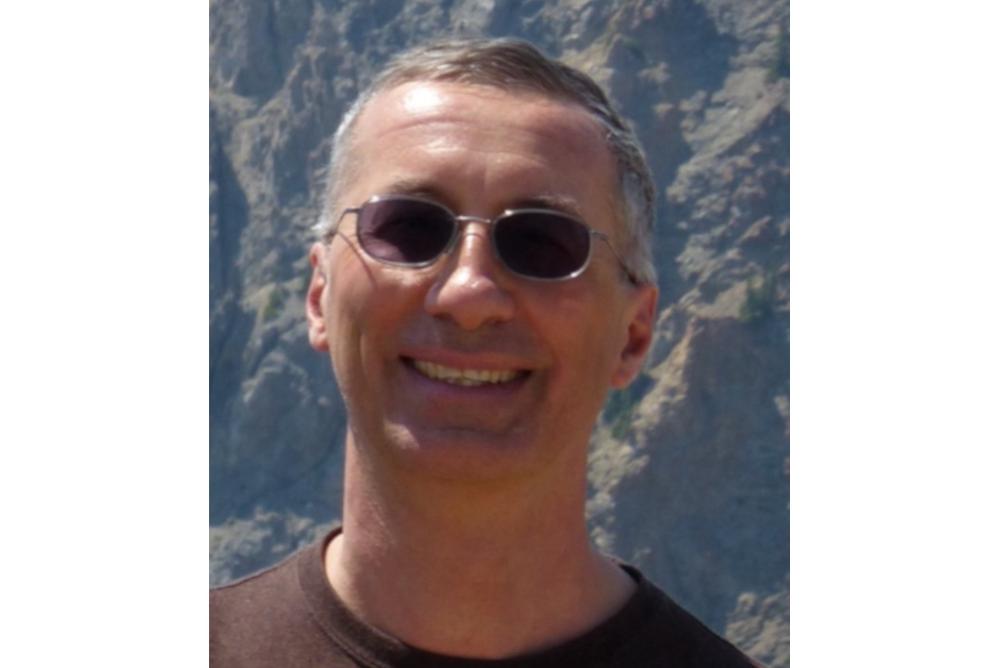Mathematics Events
[PAST EVENT] CS Colloquium Talk: Gianfranco Ciardo
Access & Features
- Open to the public

Improving "one of the only really fundamental data structures that came out in the last 25 years”
Abstract:
In his 2008 lecture "Fun With Binary Decision Diagrams", Donald Knuth called BDDs "one of the only really fundamental data structures that came out in the last 25 years". While BDDs are a relatively simple graph-based data structure to encode boolean functions of boolean variables, it is indeed impossible to overstate their impact on the verification of industrial hardware circuits and software protocols. In this talk, we introduce a new variant, RexBDDs, that improves the efficiency of BDDs and can seamlessly replace ordinary BDDs in practical implementations.
Bio:
Gianfranco Ciardo is a Professor in the Department of Computer Science at Iowa State University, Ames, Iowa. Previously he was a faculty member in the Department of Computer Science and Engineering at University of California, Riverside (from 2003 to 2013) and in the Department of Computer Science at William & Mary, Williamsburg, Virginia (from 1992 to 2003).
He has been a Visiting Professor at University of Paris VI, France; University of Torino, Italy; and Technical University of Berlin, Germany. He has held research positions at HP Labs (Palo Alto, California), ICASE (NASA Langley Research Center, Hampton, Virginia), Software Productivity Consortium (Herndon, Virginia), and CSELT (Torino, Italy).
He received a Laurea from the University of Torino, Italy (Informatica, 1982), and a PhD from Duke University (Computer Science, 1989). He has been on the editorial board of IEEE Transactions on Software Engineering and is on the editorial board of Transactions on Petri Nets and Other Models of Concurrency.
He is interested in algorithms and tools for logic and stochastic analysis of discrete-state models, symbolic model checking and other applications of decision diagrams, performance and reliability evaluation of complex hardware/software systems, Petri nets, and Markov models.
He has co-authored over 150 publications and holds United States Patent 6,546,473 (co-inventor: Ludmila Cherkasova, assignee: Hewlett-Packard Company).
Contact
[[oscarch, Oscar Chaparro]]
